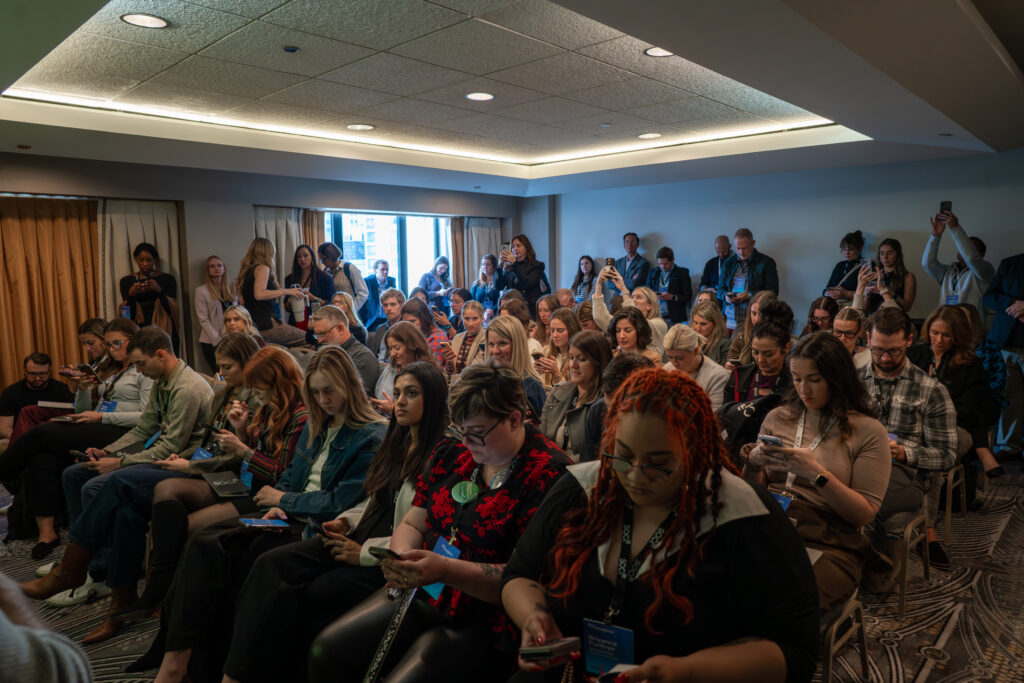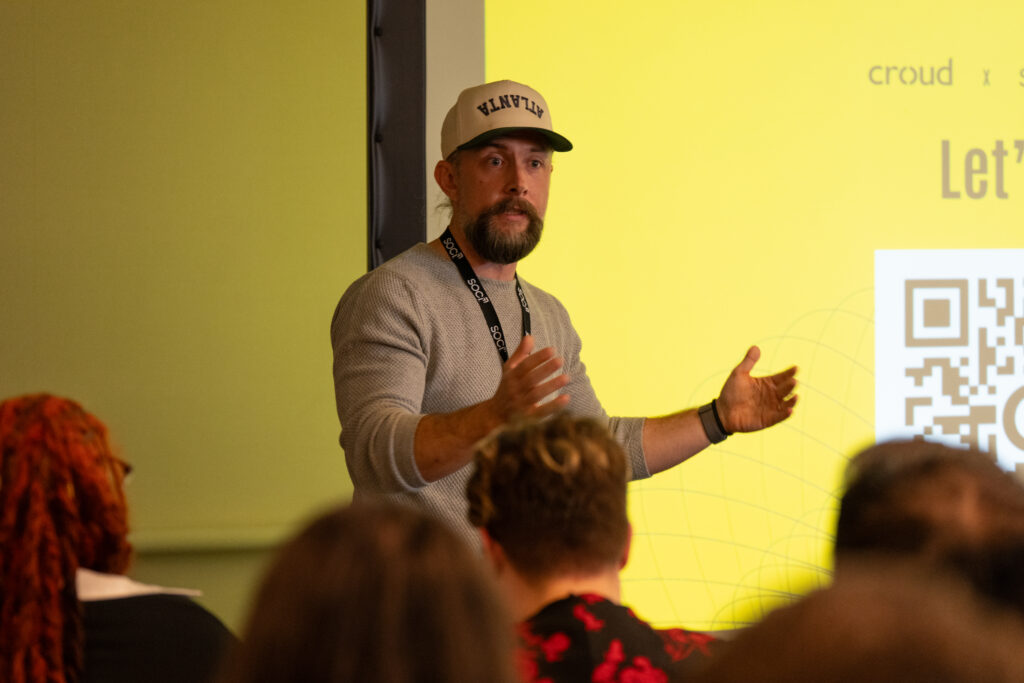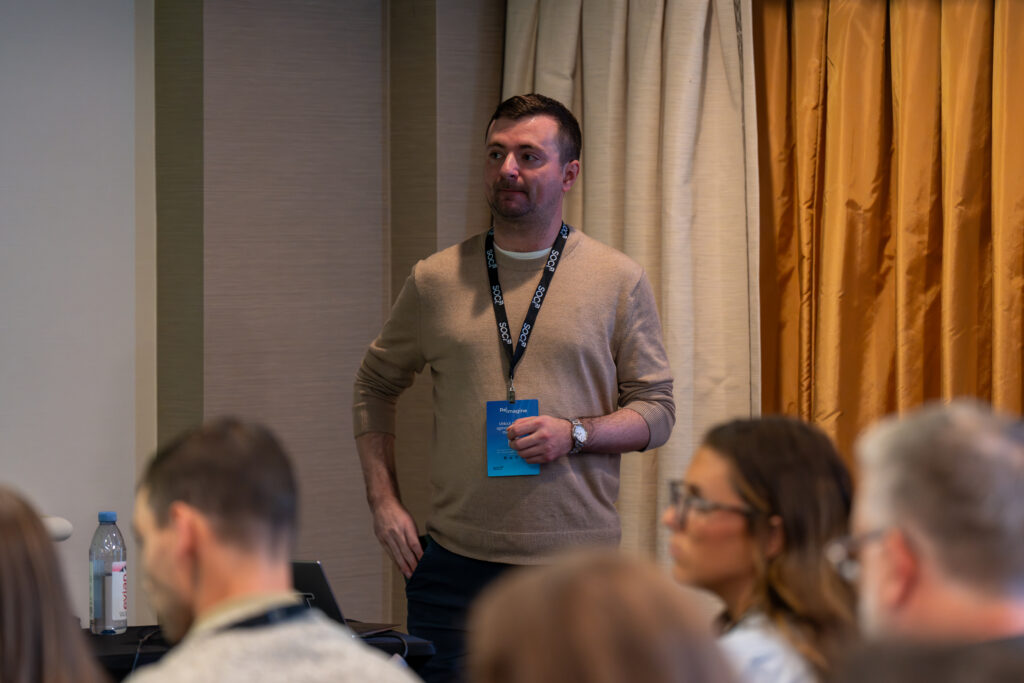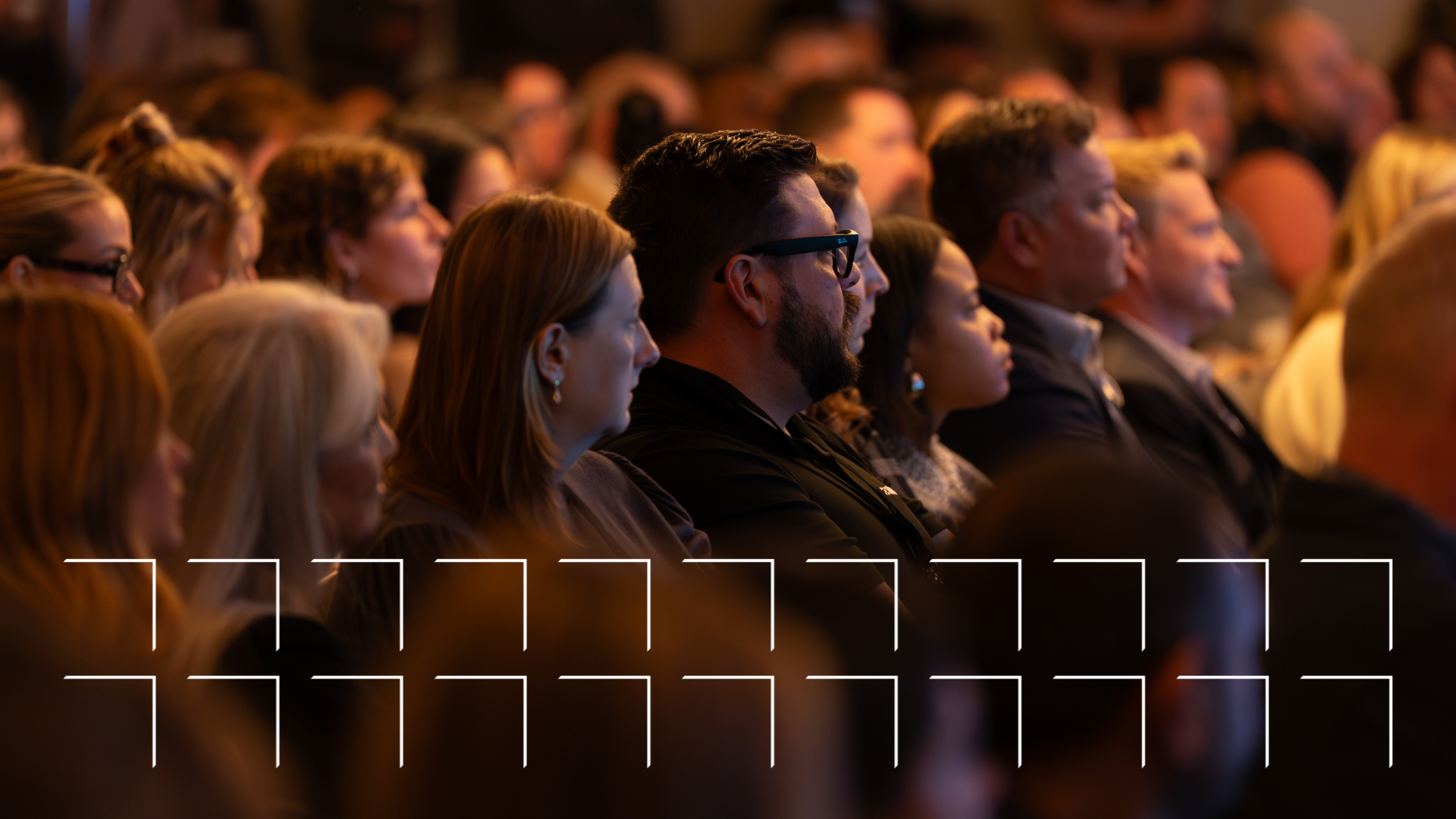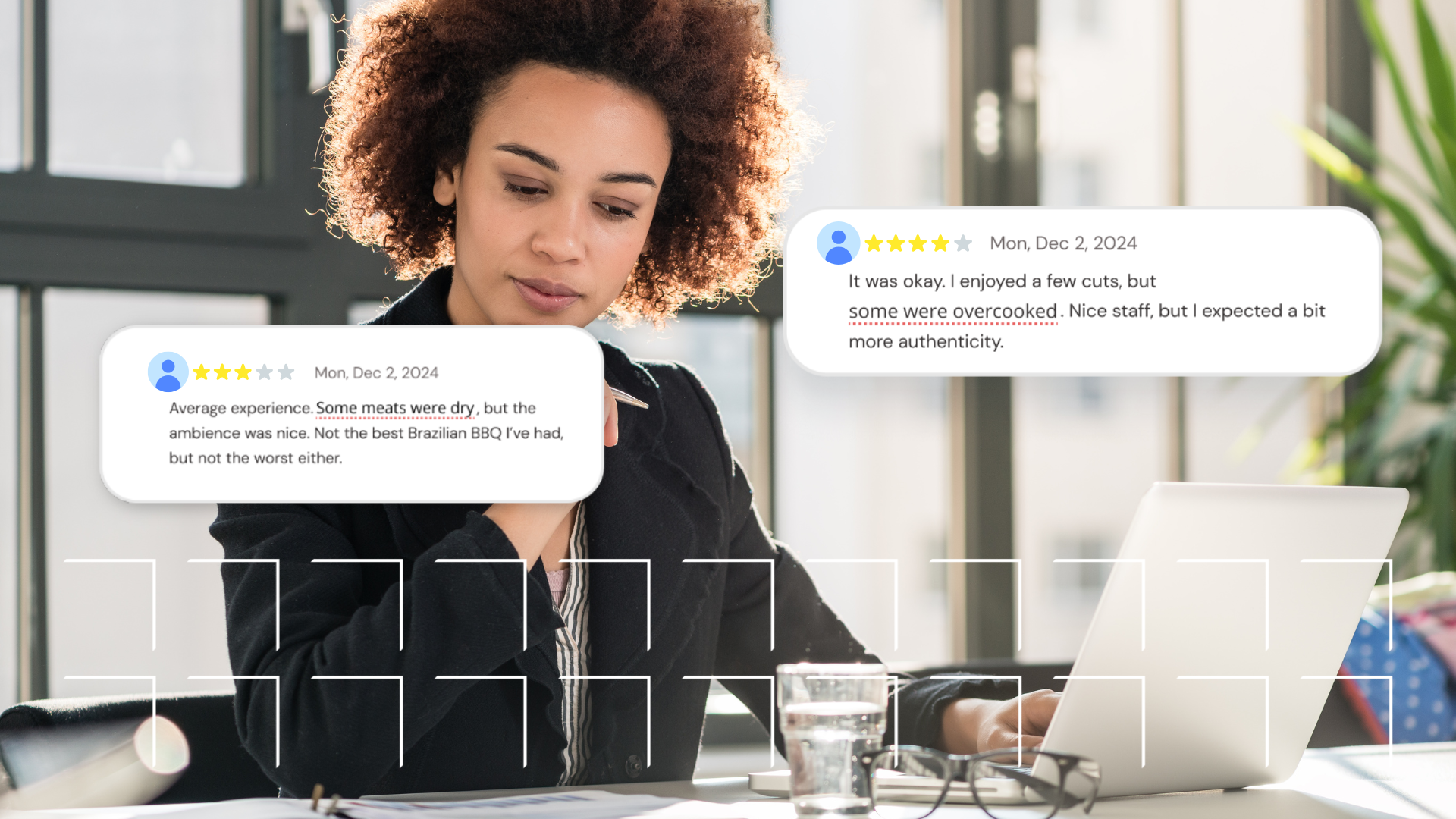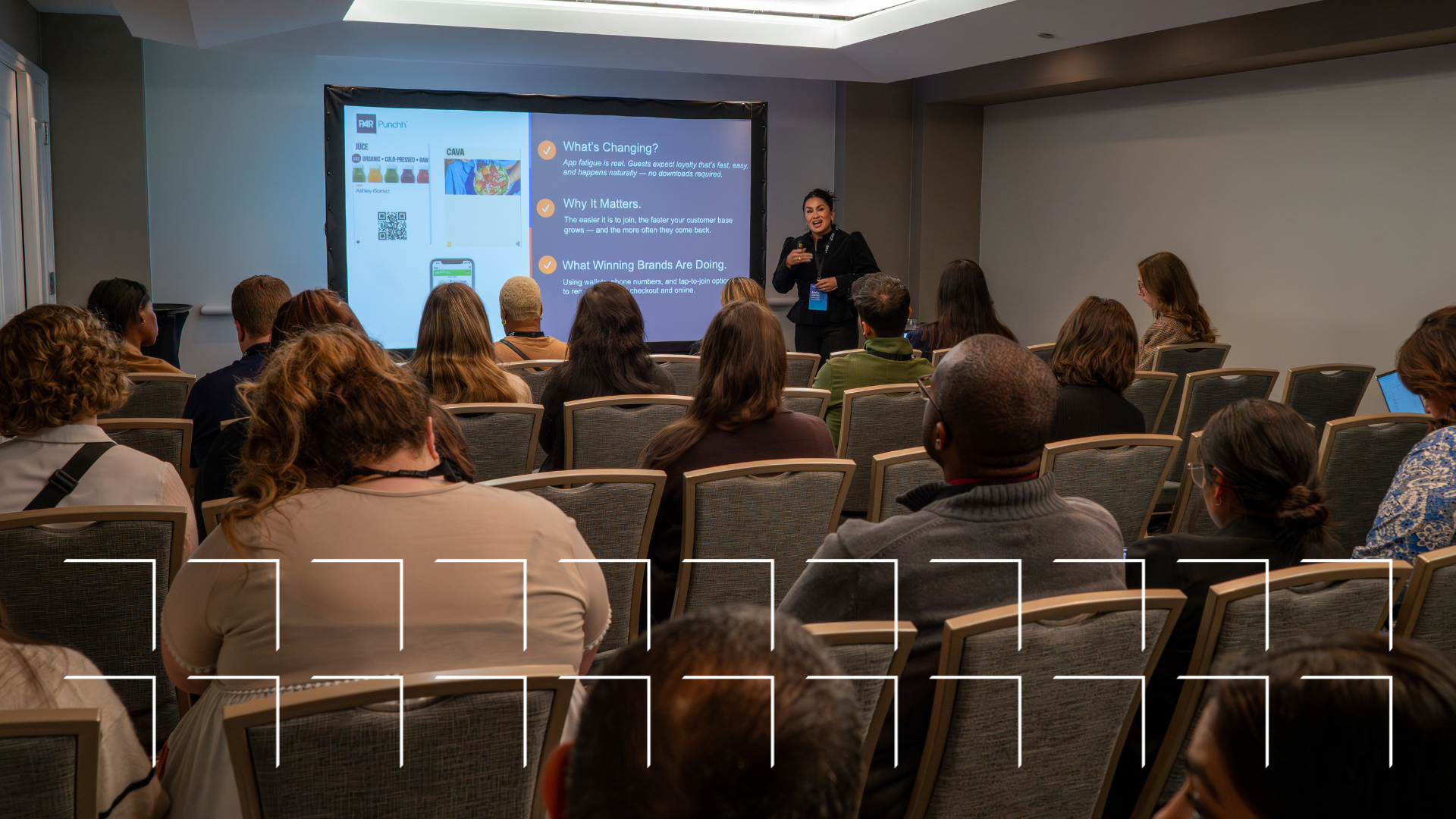SEO, GEO, LLMs, Oh My! — Reimagining Search in the Age of AI with Croud + SOCi
Summary
At SOCi’s ReImagine Conference, Croud revealed how search is evolving beyond Google into a multi-channel ecosystem driven by AI, social platforms, and local relevance. Their insights showed how brands can optimize for LLM-powered discovery, bridging the gap between human intent and machine perception.
At SOCi’s ReImagine Conference, attendees packed the room for an eye-opening breakout session hosted by the team from Croud, a UK-based performance marketing agency known for blending creative storytelling with deep data expertise. Leading the session were Kevin Planovsky, Principal & Head of Growth (US, ATL), and Joe Ball, Executive Director of SEO — two of Croud’s top minds driving innovation in digital performance.
The session, titled “SEO, GEO, LLMs, Oh My!”, explored how search is evolving at lightning speed and how brands can thrive in this new era where AI, social, and local signals are redefining discoverability.
Search Is Everywhere
As Croud’s leadership team explained, search no longer lives solely within Google’s borders. The modern “search wheel” now includes:
- Traditional search engines like Google and Bing
- Voice and local search
- Community platforms such as Reddit and Quora
- Social platforms like TikTok, Instagram, and YouTube
- And now, AI search engines powered by large language models (LLMs) like ChatGPT, Claude, and Gemini
The takeaway? Search is omnipresent. Today’s consumers don’t just search on Google; they search anywhere they can find trusted answers.
“We’re at a true inflection point,” said the Croud team. “The last 18 months have evolved faster than the previous 12 years combined.”
LLMs as the New Gatekeepers
Croud introduced its proprietary tool, BrandCI, which reveals how LLMs like OpenAI’s ChatGPT, Google’s Gemini, and Anthropic’s Claude perceive a brand. By running thousands of structured prompts across models, BrandCI surfaces insights about sentiment, strengths, weaknesses, and the attributes most associated with a brand.
This matters because AI doesn’t just reflect the internet, it interprets it. How your brand is represented in the data that these models train on determines whether you appear as a trusted recommendation when users prompt tools like ChatGPT or Perplexity.
“It’s not what you think about your brand,” the team emphasized. “It’s what the large language models think based on the content they can find.”
From Keywords to Conversations
Search behavior has evolved beyond simple keywords. While “birthday venues near me” might once have been the go-to query, people now ask questions like “family-friendly things to do for my kid’s birthday in Boston.”
These longer, more conversational prompts offer richer intent signals and smarter opportunities for brands to connect.
Croud’s research shows that users arriving from AI search tools often convert at higher rates, as they’re further along in the decision-making funnel. Optimizing for this next generation of search means understanding how to show up contextually in these high-intent, natural-language moments.
AI and the Local Opportunity
For local businesses, the implications are huge. LLMs depend heavily on citations and verified local data to build confidence in their recommendations. Keeping directory listings accurate and leveraging tools like SOCi’s own local solutions are now essential for maintaining visibility in AI-driven results.
“AI works off citations about your brand,” Croud’s presenters noted. “Making sure your listings are correct has never been more important.”
Social Search Is Redefining Discovery
Gen Z is rewriting the search playbook. Over 60% of Gen Z users now say they use TikTok as a search engine, with billions of monthly searches occurring on social platforms. Pinterest, YouTube, and Instagram are also rising as discovery engines.
Croud’s data shows that brands can no longer afford to silo social and SEO. Optimizing for social search, through engaging video, user-generated content, and clear metadata, is now critical for holistic visibility.
AI’s Impact on CTR and Visibility
The emergence of AI overviews in Google Search is changing click behavior. When a brand is not cited in an AI overview, click-through rates drop by over 50%. However, being cited can boost CTR by 37% showing that creating content AI can trust and reference directly leads to measurable gains.
Case Study: How LLMs See a Multi-Location Boutique Hotel Brand
As a live demonstration, Croud analyzed a multi-location boutique hotel chain (with approximately 150 locations) brand using BrandCI. By prompting multiple AI models thousands of times within the “boutique hotels” category, the tool revealed:
- Positive associations: authenticity, local experiences, neighborhood inspiration, and design
- Negative perceptions: occasional mentions of “generic” or “chain-like” experiences
From these insights, BrandCI generated strategic content recommendations, like launching a “Neighborhood Insider” video series or “Local Moments” social campaigns to celebrate authentic guest stories.
This kind of AI-driven intelligence helps marketers close the gap between brand perception and reality directly within the spaces where consumers (and now AI systems) are forming opinions.
Action Steps for Brands
The session closed with a practical roadmap for marketers looking to adapt:
- Adopt a “Search Anywhere” strategy. Recognize that your audience’s discovery journey spans AI, social, and community platforms.
- Build topical depth and local relevance. Layer content around real search intent, geographic context, and verified data.
- Monitor AI visibility. Invest in tools that track how your brand appears within LLM-generated responses.
- Diversify content formats. Use video, UGC, and localized storytelling to feed the algorithms and the audience.
- Remember: AI won’t replace you, but someone using AI better than you might.
Final Thoughts
SEO isn’t dead, it’s evolving. As Croud and SOCi both emphasized, the future belongs to brands that understand how humans and machines search together. Visibility will depend not just on keyword rankings, but on reputation, context, and authority across every channel where consumers look for answers.
Because in this new era, search is truly everywhere, and how AI sees your brand might just be how the world does, too.
